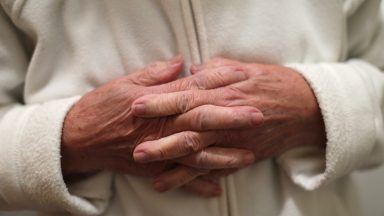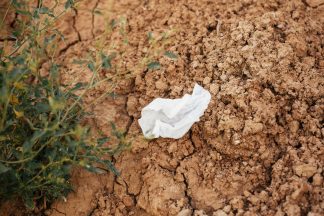Pet owners should keep a closer eye on their furry friends as temperatures plummet, the RSPCA has said.
Keeping outdoor living areas dry, dressing dogs in comfortable coats and placing a saucepan of hot water on icy fish ponds are among the recommendations issued by the charity amid a bitterly cold February.
The Met Office recorded the lowest temperature the UK has seen in 25 years overnight on Wednesday, when the mercury dropped to minus 23C in Braemar, Aberdeenshire.
As yellow weather warnings for snow and ice remain in place for parts of Scotland until Saturday, the RSPCA’s pet welfare specialist Dr Sam Gaines said dogs in particular should not be sleeping in temperatures lower than 10C.
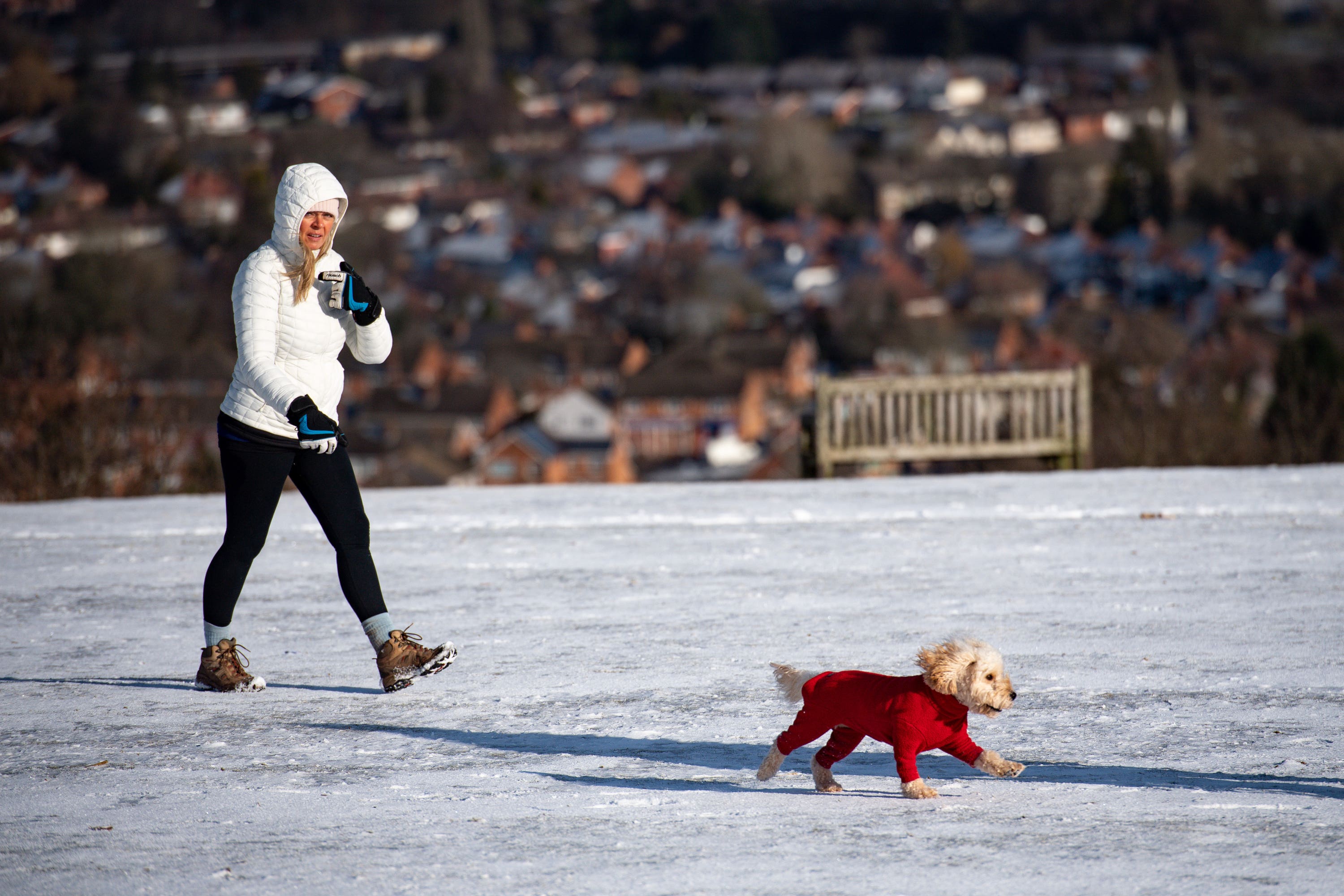 PA Wire
PA WireDog owners could buy their companion a comfortable coat to keep them warm on walks, while avoiding going near frozen water or spending long periods with their paws on the snow.
Cat owners should allow constant access to their house and ensure their sleeping area is warm, dry and away from draughts.
The charity has also urged people to move rabbit and guinea pig hutches indoors when temperatures are below 15C, while ensuring they still have space to exercise each day.
If owners have to leave their pets outside, the RSPCA recommends using sheltered, insulated hutches which are raised off the ground and facing away from the wind, with sloped roofs to allow water to drain away.
The charity also recommends rubbing pets dry with a towel if they get wet.
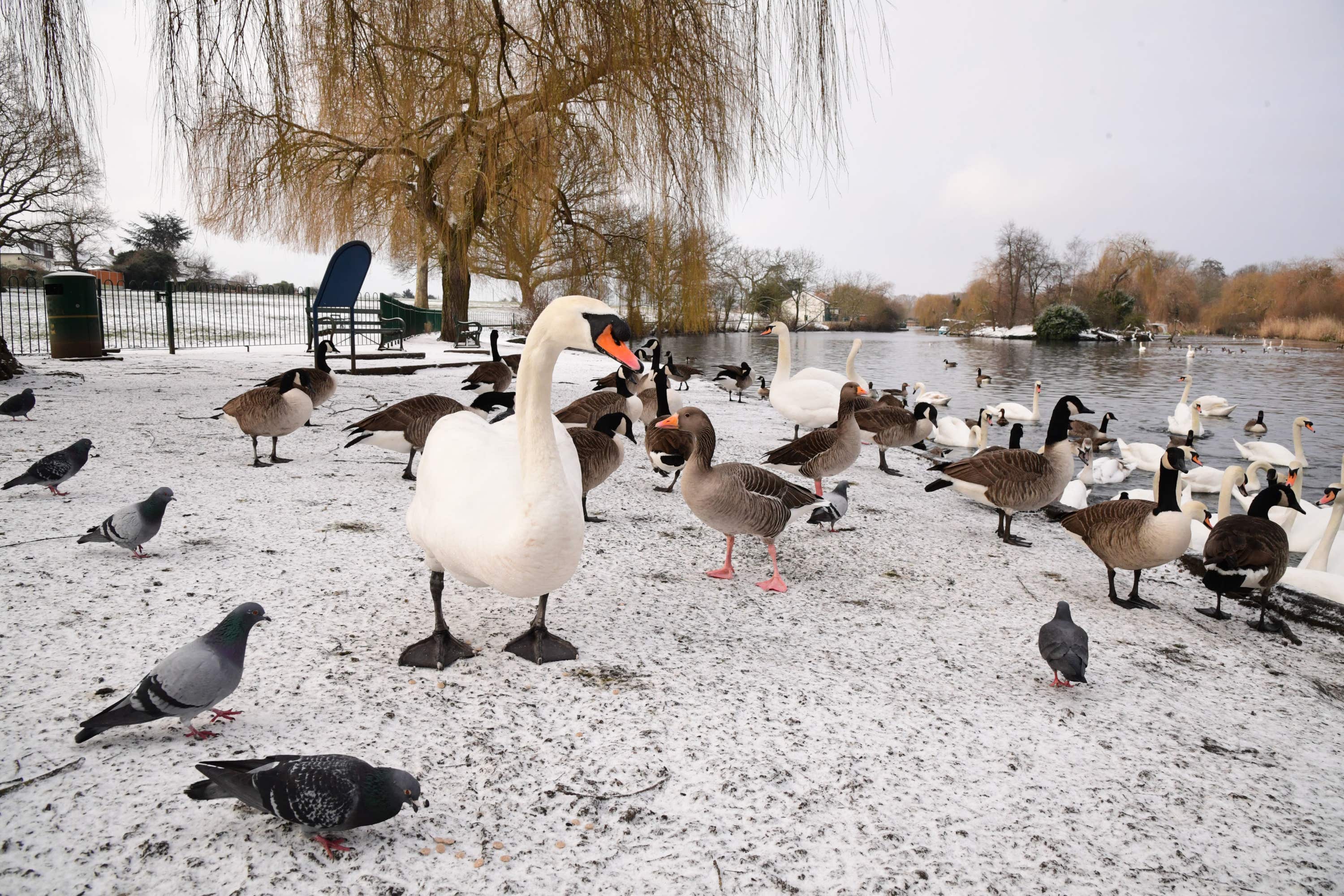 PA Wire
PA WireAdam Grogan, head of wildlife at the RSPCA, said hundreds of wild animals suffering from hunger, cold and dehydration are brought to their centres in the winter months every year.
He said: “A few little changes to your everyday routine can really make a difference to animals.
“For example, a little bit of extra food left out for a hungry bird may be the help it needs to last through a spate of frosty weather.”
Oats, seeds, cooked carbohydrates, raisins, sultanas, and chopped or ground unsalted peanuts can all be used to feed wild birds.
For people worried about fish in frozen ponds, experts have recommended carefully placing a saucepan of hot water on the surface to gently melt a hole in the ice, rather than breaking it or tipping boiling water or antifreeze into the pond, as these methods could harm the fish.
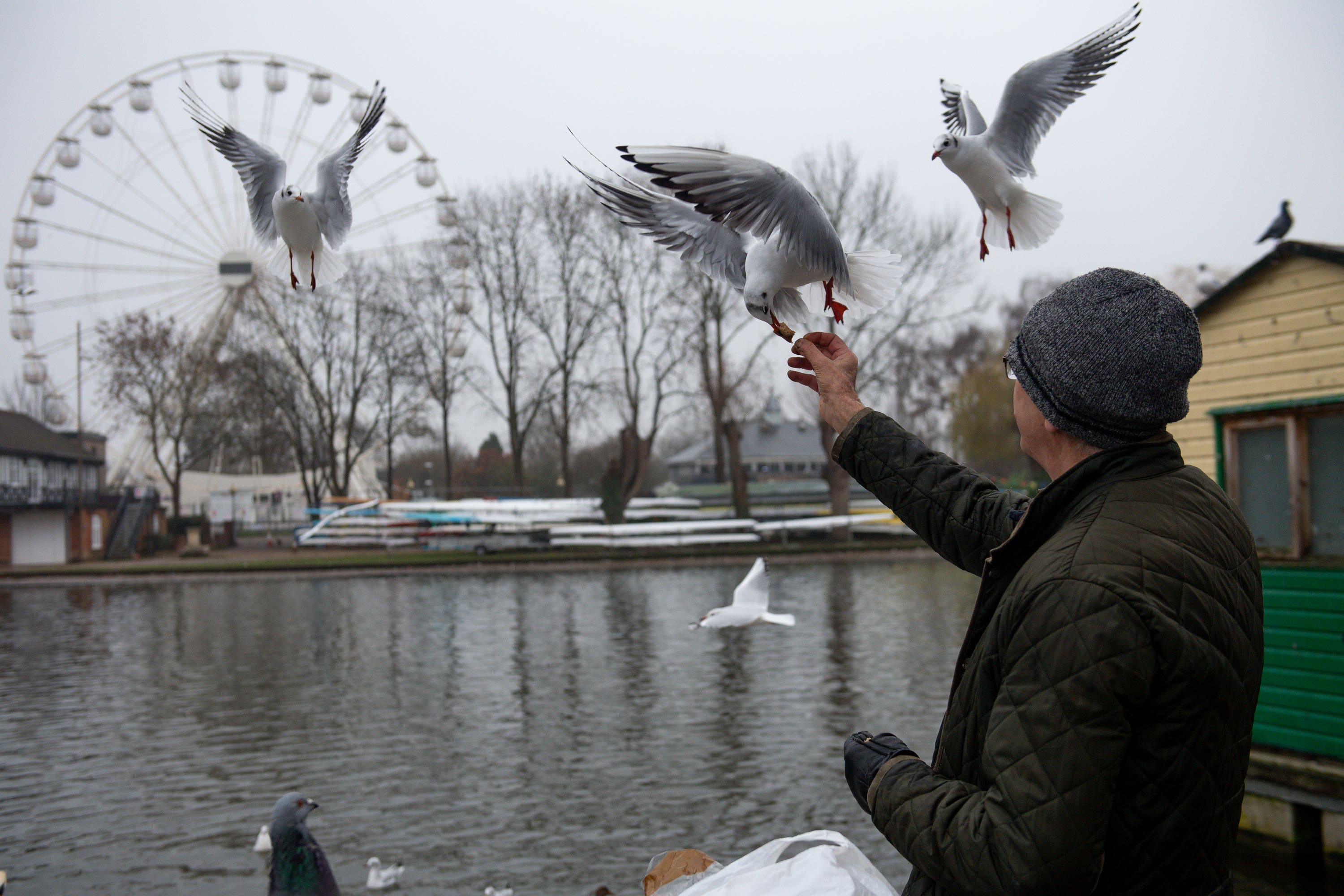 PA Wire
PA WireThe Royal Society for the Protection of Birds (RSPB) has said those who find small dead animals in their gardens should use rubber gloves to “double bag” the animal before placing it in a waste bin or burying it deep underground.
RSPB wildlife adviser Charlotte Ambrose said: “The main thing is hygiene for yourself, so no skin contact, and just to be doubly sure, I would make sure anything you have touched, you thoroughly wash and wash your hands right up to your elbows.”
If an animal is believed to have been poisoned, people should contact the Government’s Wildlife Incident Investigation Scheme, which looks into deaths caused by pesticide misuse, on 0800 321600.
Follow STV News on WhatsApp
Scan the QR code on your mobile device for all the latest news from around the country


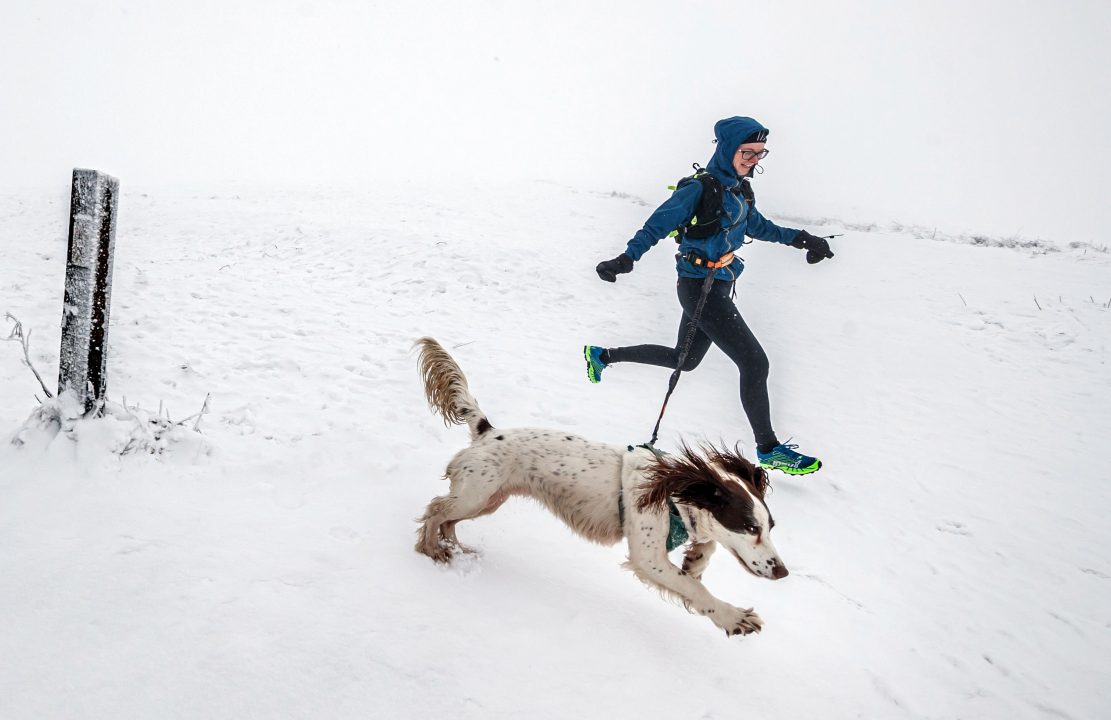 PA Wire
PA Wire















